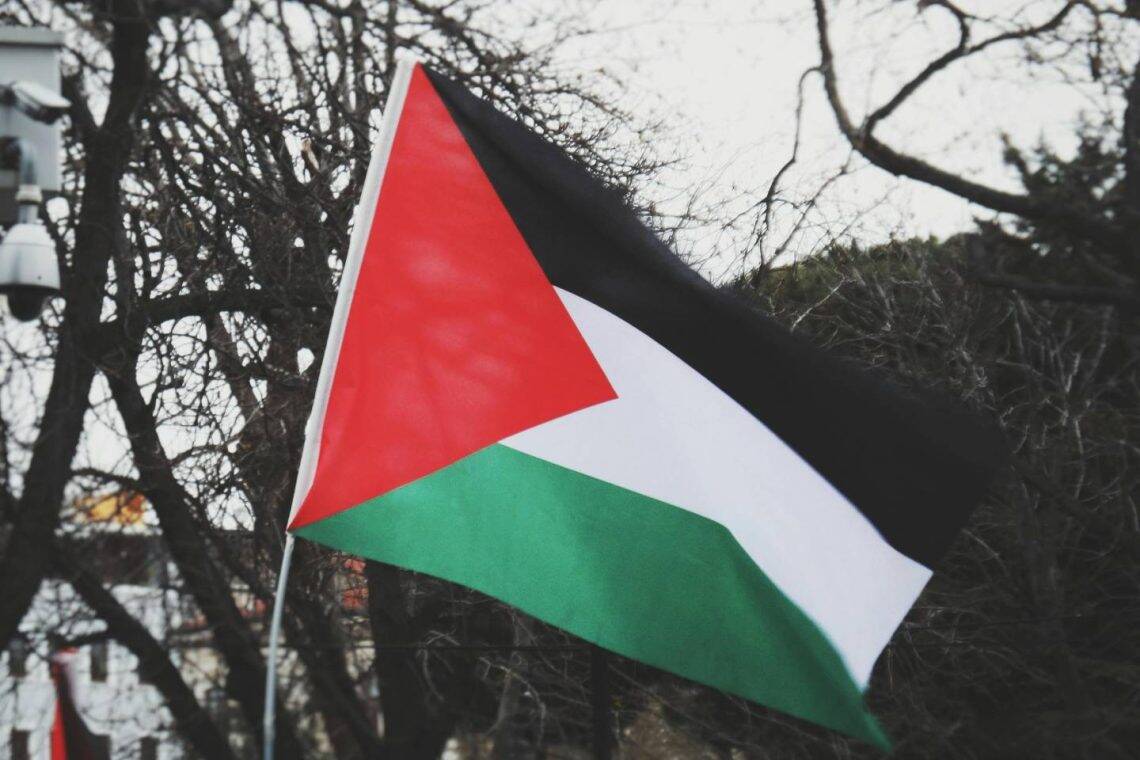The recent Gaza ceasefire has led to the release of 20 hostages and nearly 2,000 detainees, marking a major step toward de-escalation after more than two years of conflict. South African President Cyril Ramaphosa hailed this as a “positive stride” toward peace, emphasizing that it does not halt his nation’s ongoing genocide case against Israel at the International Court of Justice (ICJ). The development has sparked rallies in Cape Town and attracted attention from international powers.
The ceasefire, brokered in early October 2025, came amid mounting global pressure to end violence that has claimed thousands of lives since the October 7, 2023 attacks. Hamas handed over surviving hostages on October 13, 2025, as part of the initial phase, while Israel released around 1,700 Gaza residents and 22 minors. While reports vary, the number of Palestinian releases is close to 2,000, aligning with broader prisoner exchange terms. The exchange is celebrated as a humanitarian breakthrough, though challenges remain, including the return of hostage remains and ensuring aid reaches Gaza.
Decisive Mediation in the Gaza Accord
The role of U.S. mediation in the ceasefire was described as pivotal, earning acclaim for diplomatic efforts. The agreement, signed in Sharm el-Sheikh, Egypt, on October 9, 2025, incorporates a comprehensive roadmap for ending the Gaza conflict, featuring phased withdrawals and disarmament measures. Experts note that while the ceasefire is historic, sustaining peace remains a challenge, with previous accords collapsing in 2023 and early 2025.
The deal highlights continued influence in Middle Eastern affairs. Critics argue that its success depends on enforcement, particularly regarding disarmament and border access. UN Secretary-General Antonio Guterres praised the agreement as a foundation for broader regional stability.
South Africa’s Endorsement and ICJ Pursuit
President Ramaphosa welcomed the ceasefire as a critical step toward ending the Gaza war. He emphasized that South Africa would continue its ICJ case, asserting that progress requires accountability for alleged genocidal acts. This reflects South Africa’s longstanding solidarity with Palestine, rooted in historical parallels to its own struggles.
The South African government consistently advocates for a two-state solution, calling for a peaceful and contiguous Palestinian state alongside Israel. Ramaphosa also highlighted the need for the release of detained South Africans involved in humanitarian efforts, reinforcing Pretoria’s active role in advocacy and justice initiatives.
ICJ Case Gains Momentum
South Africa’s ICJ proceedings, initiated in December 2023, accuse Israel of violating the Genocide Convention in Gaza. Despite the ceasefire, the case continues to gain traction, with additional countries joining in 2025. Experts describe it as one of the strongest cases filed at the ICJ, focusing on systematic violations. South Africa submitted its memorial in October 2024, and extensions by Israel have intensified global scrutiny.
The ICJ process underscores the need for international accountability, even as diplomatic breakthroughs like hostage releases offer hope. The outcome could set important precedents for addressing conflicts in occupied territories.
Cape Town Rallies Highlight Solidarity
The ceasefire news sparked large rallies in Cape Town, where thousands demonstrated in late September 2025 to support Palestinian rights. Civil society groups and political figures called for increased government action, while aerial views captured massive crowds voicing solidarity with those affected by the conflict.
International figures attending the rallies highlighted South Africa’s historical empathy, drawing parallels to its anti-apartheid movement. Participants urged stronger actions, amplifying voices from the Global South and emphasizing collective accountability.
Global South Perspectives and UN Advocacy
From Beijing, calls for global solidarity emphasized UN reforms to strengthen developing nations’ voices on issues like Gaza. Leaders advocated for peace and shared prosperity, supporting multilateral efforts to resolve the conflict. Initiatives such as the China-UN Global South-South Development Facility aim to foster cooperation and address humanitarian crises.
This approach positions developing nations as key players in global peace processes and offers a counterbalance to other international influences.
A Fragile Path Forward
As the Gaza ceasefire holds tentatively, its impact in South Africa underscores the interconnectedness of global justice movements. Ramaphosa’s praise for the hostage release, combined with continued ICJ pursuit, positions Pretoria as a moral leader. With international diplomacy injecting momentum and UN advocacy amplifying Global South perspectives, the world watches for sustainable peace. Yet, celebrations in Cape Town remind us that true resolution requires accountability, empathy, and collective action to prevent future atrocities.
